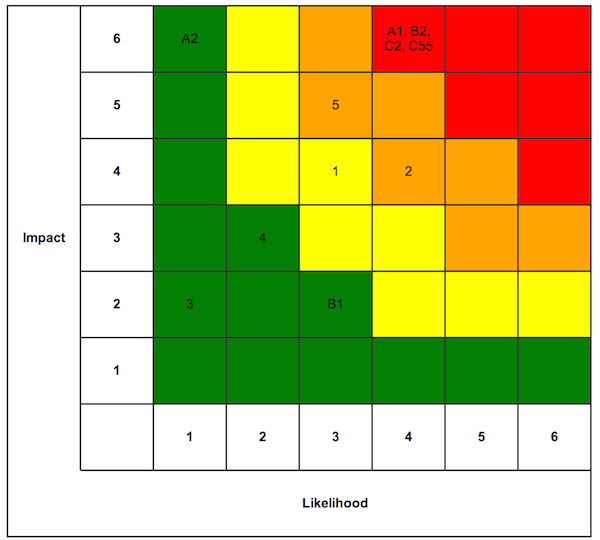A few weeks ago I spoke with someone who buys a lot of Bitcoin. They buy it and then immediately send it to a supplier in China who then ships them manufactured goods. They used to use wire transfers but said it took about four days to clear and the Chinese company wouldn't ship the goods until they got the money. With Bitcoin they get the money immediately and he gets his goods four days sooner. The buyer also saved a bit on wire transfer/currency conversion fees.
Bitcoin would be a great way for banks to settle transactions between themselves without using intermediate banks/payment networks because it's instantaneous and irreversible. This could enable banks to offer wire transfer-like products that settle in minutes instead of days (or weeks).


